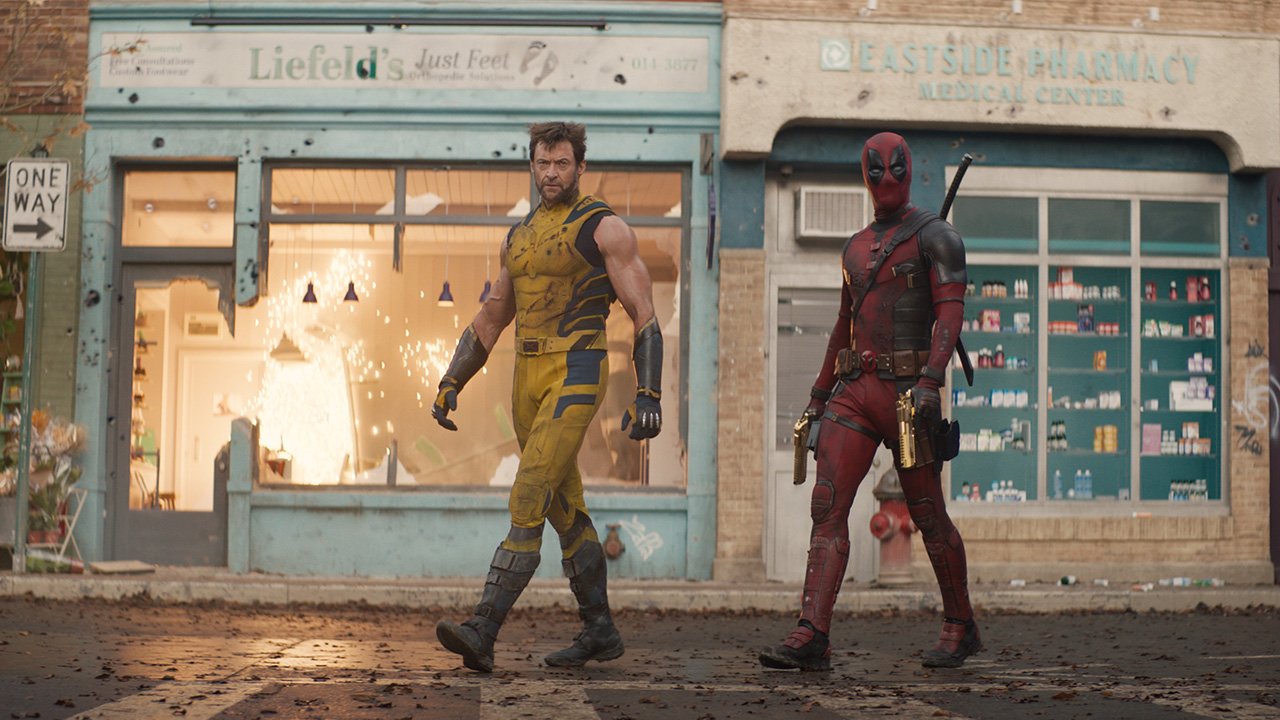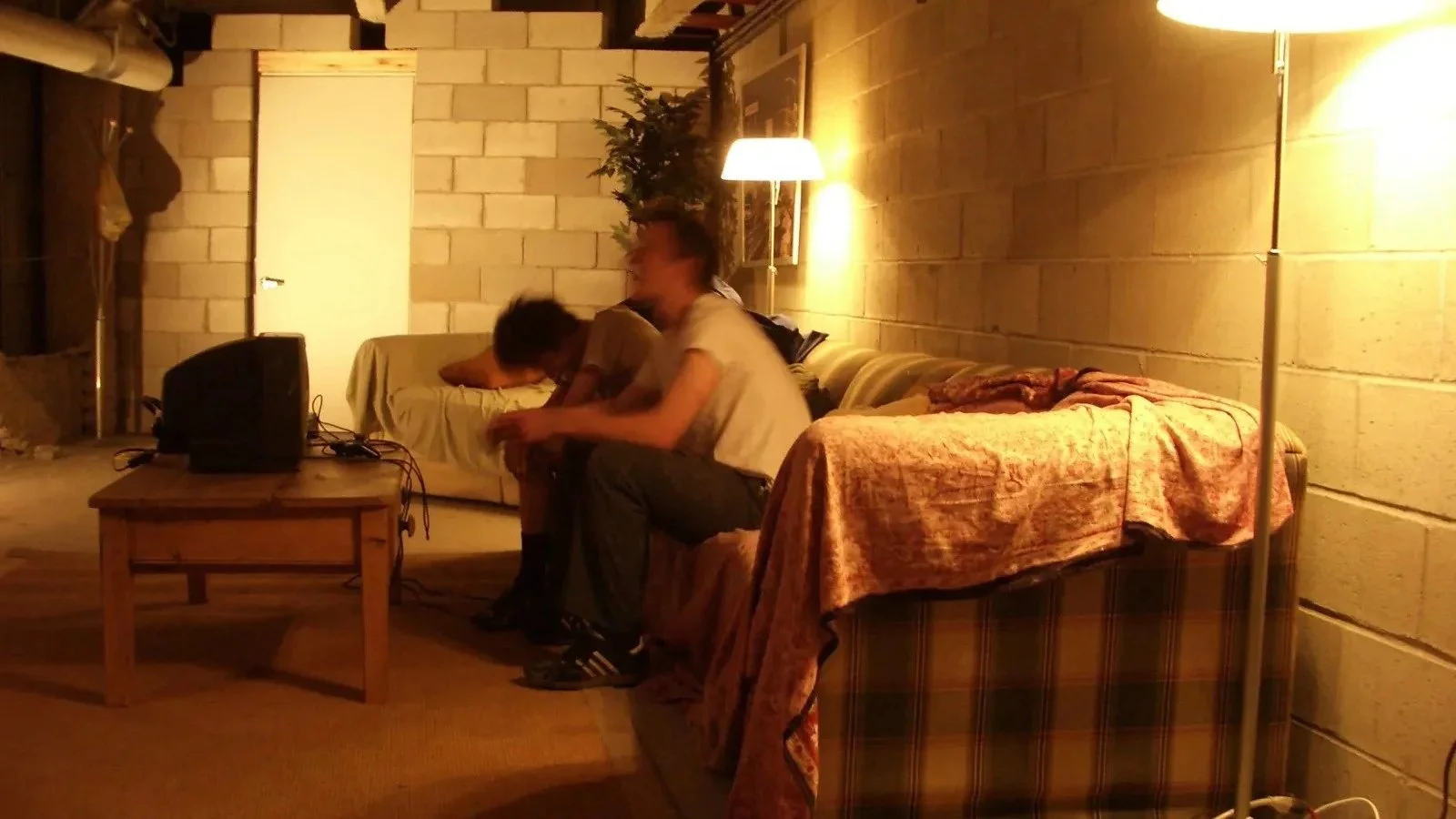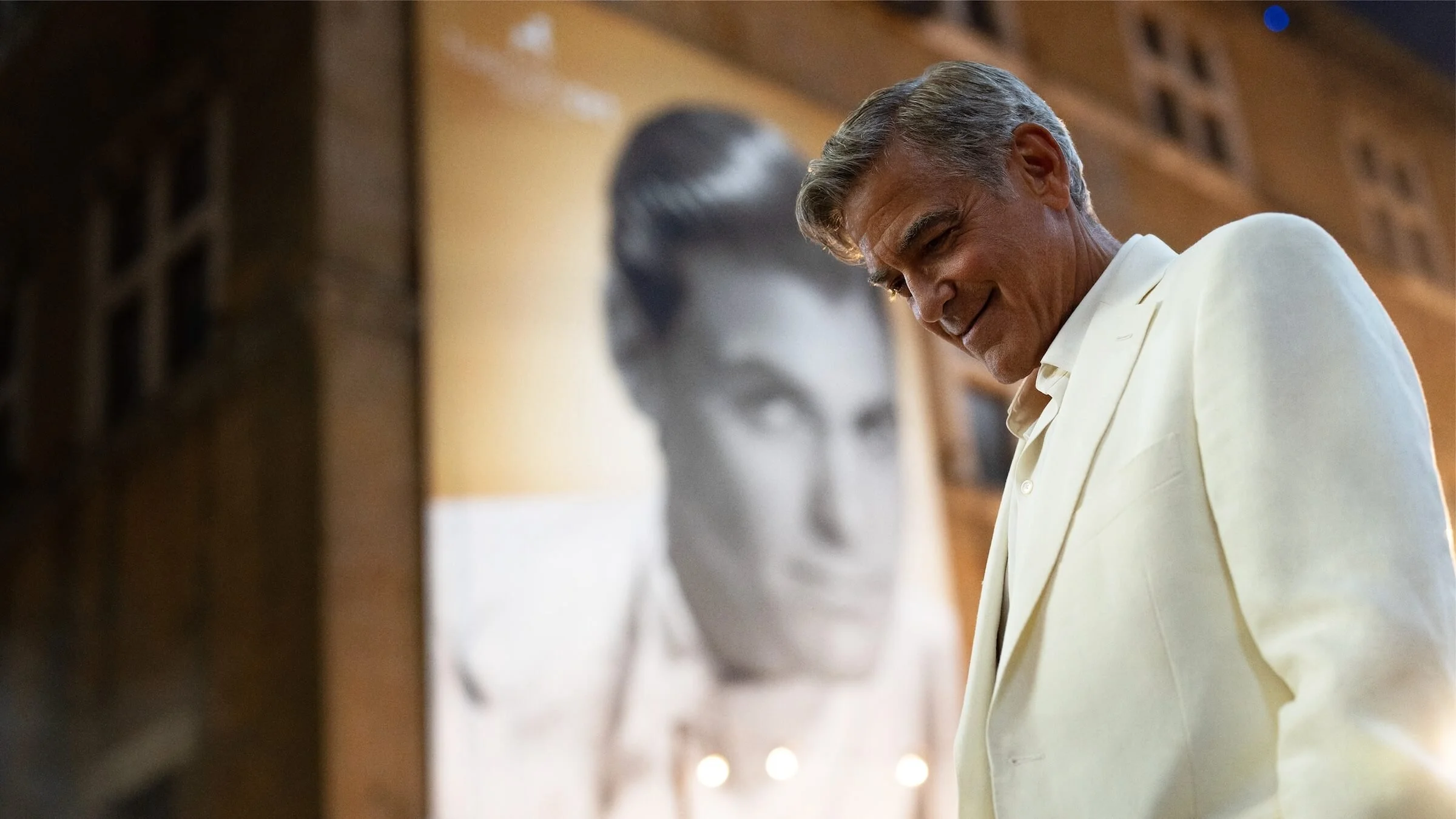Review: Deadpool & Wolverine (2024)
Beyond all the snark, the fourth-wall breaks, and the endless cameos of discarded superheroes from 20th Century Fox’s past; beyond the explicit violence and cursing and Ryan Reynolds’ gleeful quips; beyond all of that, what is Deadpool & Wolverine? It is intermittently funny, but in a toothless, self-satisfied way. It’s also visually repetitive, and, like its predecessor, far more sentimental and conventional than a movie that postures as edgy satire has any right to be. Does it work? If you’re the intended audience (a comic book movie fan or male under the age of 30), it’s a foul-mouthed wet dream.
Directed by Shawn Levy, a journeyman director who often works with Reynolds, Deadpool & Wolverine inserts Reynolds’ Wade Wilson aka Deadpool into the Marvel Cinematic Universe during an undeniable low point and then has Deadpool skewer the MCU through relentless jokes about how the MCU doesn’t have any real heroes now that Captain America and Iron Man have exited stage left. The Time Variation Authority (TVA) from the TV show Loki show up and task Deadpool with entering the Sacred Timeline (the main MCU timeline) since his universe (20th Century Fox) is set for destruction due to the loss of its “anchor being” (Hugh Jackman’s Wolverine). But Deadpool won’t accept the destruction of his timeline, so he goes looking for a Wolverine from an alternate universe that can fill the gap in his own universe. When he finds such a Wolverine, a sad sack drunk from a desiccated world, and brings this Wolverine back to the TVA, they banish them both to the Void beyond timelines, where beings from discarded universes go to be swallowed by a giant existence-absorbing monster known as Alioth.
A Deadpool movie shouldn’t be this encumbered by exposition and worldbuilding and narrative convolution, but a part of being in the MCU is jumping on the narrative treadmill where you never really move forward yet stay endlessly busy running on the spot, generating new information that will set up some movie three years down the line. Inevitably, Deadpool makes fun of all this information, constantly, relentlessly, but he also fawns over images of Captain America, dreams about being an Avenger, and earnestly wants to know why Thor is cradling him in some vision of his heroic future.
Deadpool is above it all, so we’re told, the “merc with a mouth” who cannot die and so can only engage with life through ironic detachment, but Reynolds’ Deadpool is also a fanboy who is the snippy, snarky, ripped, and indestructible fantasy version of the films’ target viewer. He loves the same things the viewer does, so his fourth-wall breaking jokes are not only winks at the audience, but also acknowledgements that it’s OK to be so invested in such nerdy things: if Wade Wilson, the badass, hilarious, superhero killer goes wild over the sight of Chris Evans, it’s cool if you do too.
Thus, Deadpool & Wolverine is primarily fan service and a way to buy the MCU time to get its ducks in a row and pivot after recent failures. It trots out cameo after cameo that activate nostalgia for past hits and duds, some more amusing than others, and has plenty of gory action where Deadpool and Wolverine kill others or fight each other, ripping each other to threads only to heal up and do it all over again. It’s crass and brass and always watchable, since it tries to keep up to the pace of Reynolds’ quips.
Is it funny? Kind of, although the hit-to-miss ratio is not in the movie’s favour. For people who adore the Deadpool shtick, the film works gangbusters, but for the casual movie viewer or more cynical audience member (like me), it’s likely to be a grind at points. Reynolds is talented and funny, but he’s so relentless in his approach that he can get on your nerves if you’re not in rhythm with his comedic style at every moment.
The comedic and meta approach is intertwined with Reynolds and his conception of Deadpool, so if you’re not buying such an approach, why even bother watching Deadpool & Wolverine?
However, Reynolds’ approach aside, where the movie falls short is in its repetitiveness; there’s nothing here we haven’t seen before, literally and figuratively. Once Deadpool and Wolverine show up in the Void, the movie loses what meagre visual interest it had when it was in the TVA and has the characters wander around an indistinct wasteland for over an hour. Deadpool jokes about it looking like the Mad Max world, which only makes you wish it had a sliver of the character and colour of the worldbuilding in Furiosa.
The action lacks an edge. For all the blood and shots of Deadpool’s katanas or Wolverine’s adamantium claws ripping into people’s genitals (apparently, a crotch gag never grows old), the action is bland. There is slow motion violence and limbs flying, but never any choreography or blocking that you’ll remember 10 minutes after the scene. The villain is generic to a point of redundancy, so none of the battles with the villains are all that memorable, either.
What are the highlights? Cynically, you have to say the cameos. What cameos? The cameos of superhero actors cast aside with the absorption of 20th Century Fox into the Disney behemoth. I won’t spoil them though, because the people who will go mad for these cameos will only go mad for them if they come as a surprise. Why spoil the fun for the odd fan who might stumble upon this review before making their way to the theatre? I’m not made of stone, so I enjoyed the appearances of some of these actors. Even one or two cameos managed to surprise me in how they were handled within the film’s narrative, jokes with punchlines that caught me off guard.
But it’s all fluff and meaningless in the grand scheme of the narrative, whether this film’s timeline or the MCU’s as a whole. The only thing this movie is truly invested in is Hugh Jackman’s Wolverine. Jackman is so good as the character that you can mostly forgive the movie’s desecrating of the ending of Logan (as in literally desecrating, as Deadpool demolishes Wolverine’s grave in the film’s opening scene). But Jackman, with his sad monologues and badass curses and grisly fights, never brings anything new to the role. How can he? He did all he needed to with this character in the films that came before it. What’s left for him to do but to let Deadpool (and by extension, the target audience) live out their fantasies and see him wear Wolverine’s iconic yellow costume from the comics, put on the iconic mask, and charge across the room on all fours like the animalistic character from the comic books. He performs his function admirably, but the function, like everything in the movie, is fan service.
Deadpool & Wolverine is fan service. It exists to play the hits, delight the fans, and buy Marvel time to make movies where characters that matter do something people are invested in. By sheer virtue of Jackman’s presence and the humorous cameos, it’s likely better than Deadpool 2. But it lacks the modest novelty of the original Deadpool film, and is proof that the MCU is running out of steam, in spite of this film’s box office success. Like the characters of the film, it’s stuck in the void, running out of nostalgic reminders of past glory to fuel audience interest. The ploy might work for most people this time, but even Deadpool’s shtick will run its course with audiences. Someday soon, even the mighty, conservative MCU will have to do something new.
4 out of 10
Deadpool & Wolverine (2024, USA)
Directed by Shawn Levy; written by Ryan Reynolds, Rhett Reese, Paul Wernick, Zeb Wells, and Shawn Levy, based on the character from Marvel Comics; starring Ryan Reynolds, Hugh Jackman, Emma Corrin, Morena Baccarin, Rob Delaney, Leslie Uggams, Aaron Stanford, Matthew Macfadyen.



Joe Carnahan’s cop thriller starring Matt Damon and Ben Affleck is an enjoyable whodunnit.